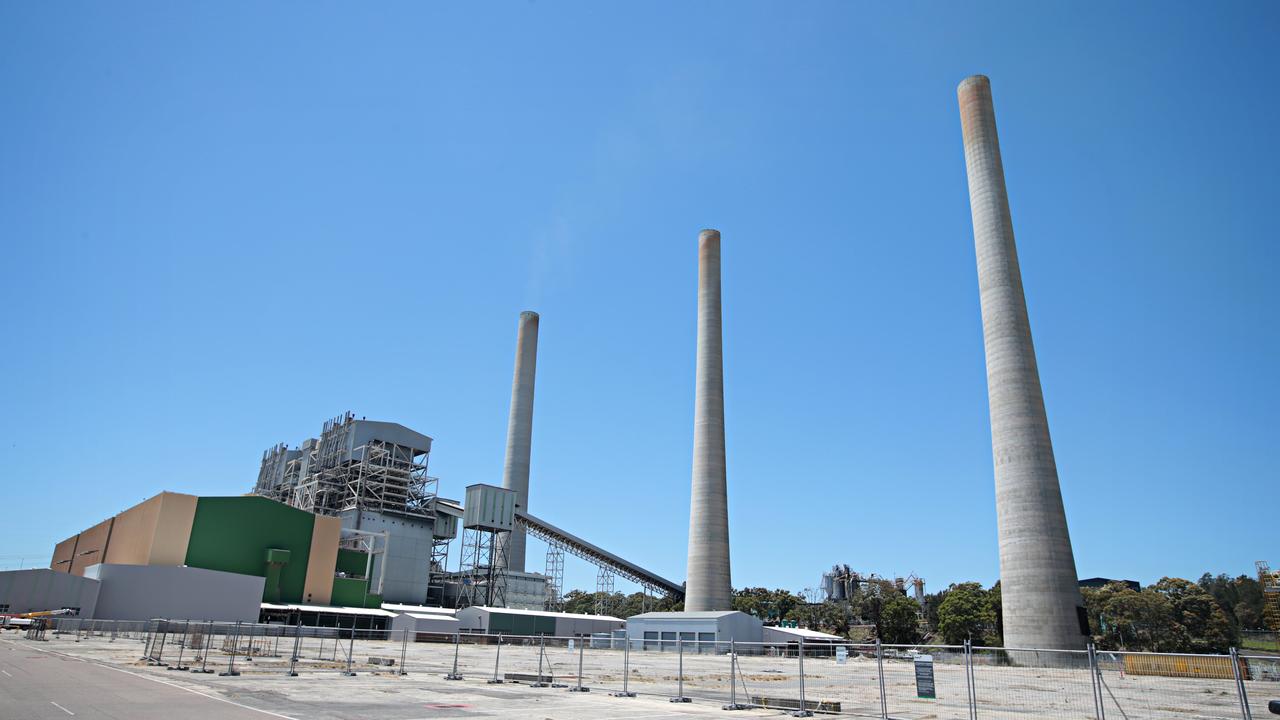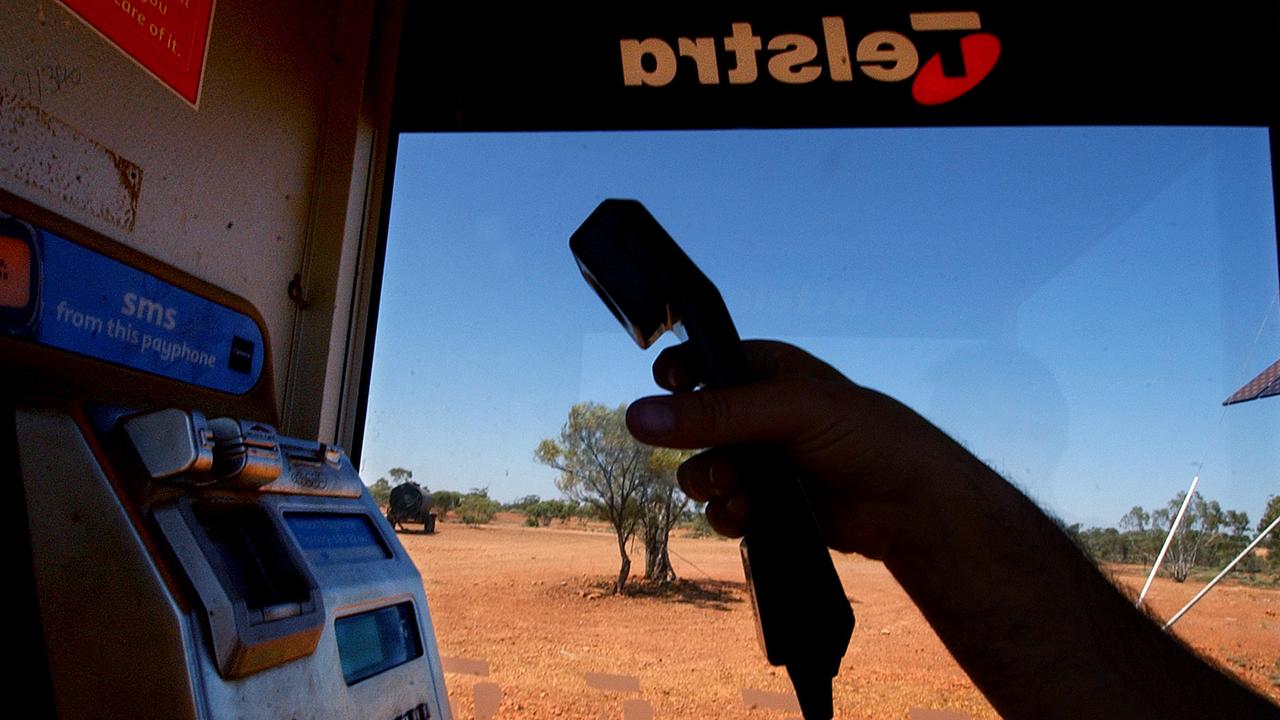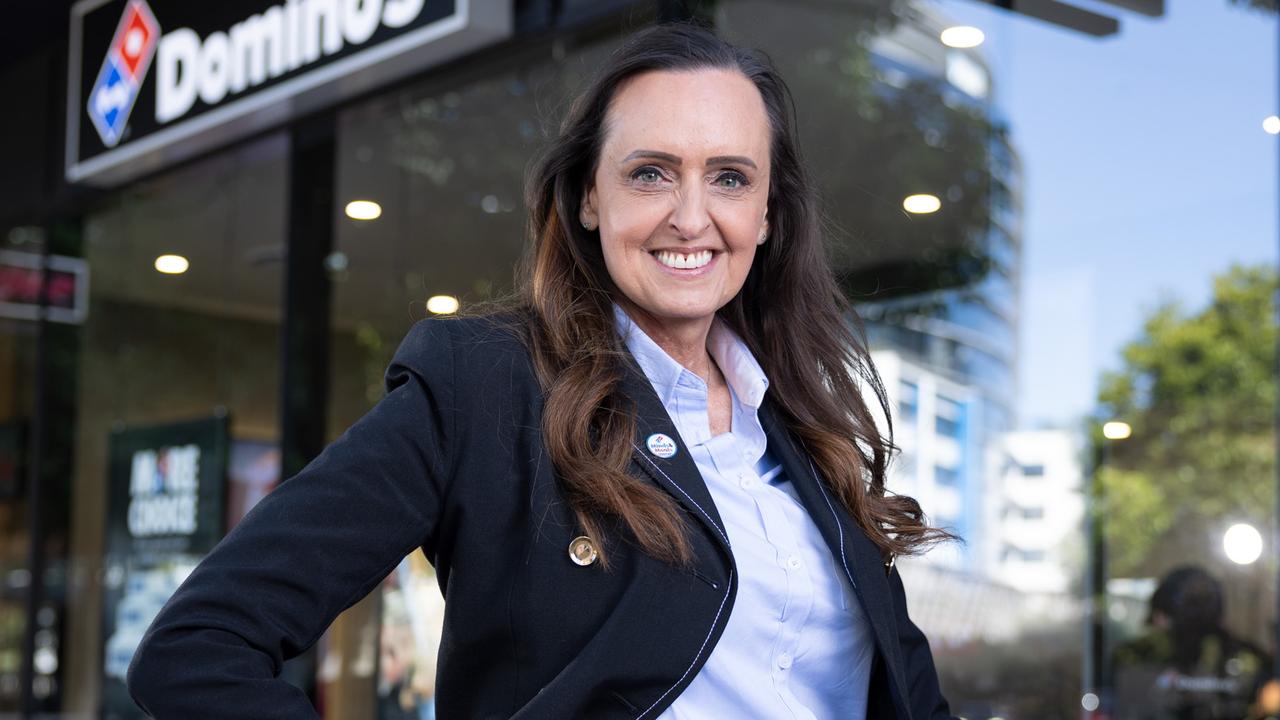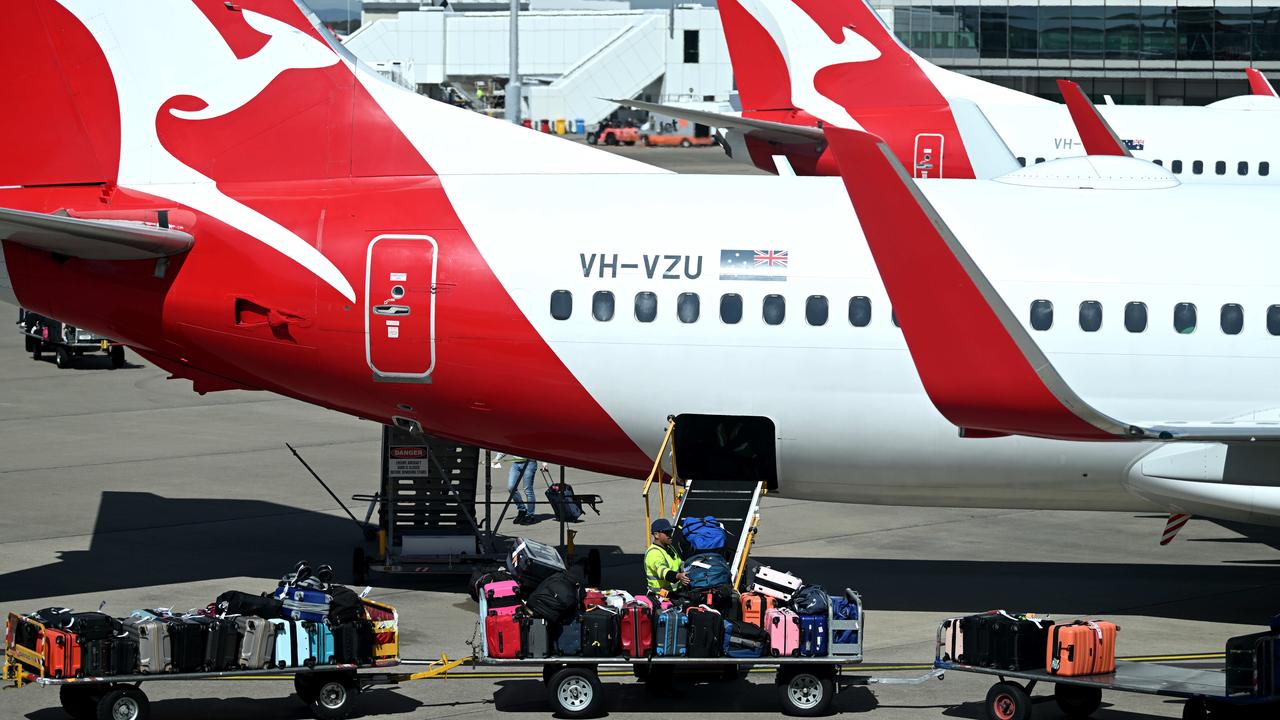NSW coal-fired operator Delta says $5m cash cap isn’t enough to guard against market shocks
Vales Point-owner Delta Electricity says $5m is too low collateral to safeguard against so-called Black Swan events which could rock the electricity market. It thinks $20m is a fairer price.

Business
Don't miss out on the headlines from Business. Followed categories will be added to My News.
The owner of the Vales Point coal-fired power station says the energy system is insufficiently protected from extreme events because even the biggest market players are only required to put down $5m in collateral.
In April, the Australian Energy Market Commission (AEMC) announced a new rule that will allow the Australian Energy Market Operator (AEMO) to accept up to $5m in cash or bonds as credit from market participants. The reform expands on the current framework, which limits this consideration to bank guarantees and letters of credit.
The change was prompted by growing pressure on energy companies, particularly fossil-fuel generators, to demonstrate sound financial backing amid tighter environmental, social and governance constraints on banks.
Delta Electricity, which owns the Vales Point power station on the NSW Central Coast, requested a workaround after struggling to replace Macquarie Group as its guarantor. The Australian understands Macquarie stepped back from the role, likely due to internal ESG considerations, and this put Vales Point at risk of suspension from the electricity market.
Although Delta welcomed the move to allow cash and surety bonds, the company said in its first public response to the draft proposal that the $5m cap is too low for large generators and could leave the market exposed in high-volatility scenarios.

“Larger participants, such as generators and ‘gentailers’, would provide credit support much less frequently due to typically having a net position of receiving payments or being able to offset retailer prudential obligation with its generation side,” Delta said in a submission to the AEMC.
“However, on some occasions when they provide credit support, it could likely be greater than $5 million due to the size of their portfolios.”
Delta’s concern centres on so-called “Black Swan” events — low-probability but high-impact scenarios that could incur significantly higher levels of credit support. Vales Point has two generating units, one of which is often offline for scheduled maintenance. If the second unit were to suffer an unplanned outage during such a period, it could send electricity prices sharply higher.
Modelling by Delta suggests that if wholesale power prices surged to $400 per megawatt hour for three consecutive weeks — a scenario not without precedent — its financial exposure could exceed $20m, far outstripping the proposed cap.
The company argues the cap should be raised to $20m to reflect the scale and operational realities of major generators.
However, other market participants have urged caution. AGL Energy last year said that allowing larger cash deposits could create complications if a participant became insolvent, particularly around how funds held by AEMO would be reclaimed and distributed to creditors. Such a situation, AGL argued, could introduce new vulnerabilities into the system.
The AEMC’s proposed rule is intended to strike a balance between addressing liquidity risks and safeguarding the market’s integrity. But the debate also highlights a deeper fault line as Australia’s energy sector grapples with decarbonisation, investment uncertainty, and the gradual withdrawal of coal generation from the grid.
The rule is set to come into effect in August 2026.
Delta has also raised concerns about the implementation timeline. With the market heading into the high-demand winter period, the company said an earlier start is needed to mitigate short-term risk, particularly in NSW where the grid is finely balanced.
“Delta encourages the AEMC and AEMO to consider bringing forward the implementation date to December 2025, which would still allow six months to develop changes to AEMO’s processes, systems and procedures,” the company said.
The AEMC is reviewing feedback before finalising the rule later this year.
More Coverage
Originally published as NSW coal-fired operator Delta says $5m cash cap isn’t enough to guard against market shocks









